Geoffrey Hinton, the renowned computer scientist and Nobel laureate, has reiterated his warnings about the far-reaching consequences of artificial intelligence on the labor market. In a recent interview with Bloomberg TV's Wall Street Week, Hinton emphasized that tech giants can only profit from their substantial investments in AI by replacing human labor with cheaper alternatives.
According to Hinton, the most lucrative way for companies to capitalize on AI investments is to automate jobs, thereby reducing labor costs. This assertion is supported by the massive investments being made by tech giants in AI research and development. For instance, Alphabet's Google has allocated over $50 billion to AI initiatives, while Microsoft has committed $10 billion to its AI-focused Azure cloud platform. These investments are expected to yield significant returns, but only if human labor is replaced by AI-powered automation.
The financial implications of Hinton's warnings are substantial. A report by McKinsey estimates that up to 800 million jobs could be lost worldwide due to automation by 2030. This would result in a significant loss of revenue for companies, which would need to adapt to the changing landscape by investing in AI-powered automation. The report also suggests that while some jobs may be created, the net effect would be a significant reduction in employment opportunities.
The market impact of Hinton's warnings is already being felt. The stock prices of companies that are heavily investing in AI, such as Amazon and Facebook, have been volatile in recent months. This is due in part to concerns about the potential job losses and the impact on the overall economy. However, Hinton believes that the benefits of AI far outweigh the costs and that companies that fail to adapt to the changing landscape will be left behind.
Hinton's comments are significant, given his reputation as the "godfather of AI." His work has earned him a Nobel Prize, and his insights into the potential of AI are highly regarded by industry experts. Hinton's warnings are also supported by data from the Bureau of Labor Statistics, which shows that automation has already led to significant job losses in the manufacturing sector.
The company background of Hinton's warnings is also worth noting. Hinton has been a vocal advocate for the potential of AI to transform industries and create new opportunities. However, he has also been critical of the lack of regulation and oversight in the AI industry, which he believes could lead to significant job losses and social unrest.
Looking ahead, the future outlook for the AI industry is uncertain. While some experts believe that AI will create new opportunities and jobs, others are more pessimistic about the potential impact on the labor market. Hinton's warnings serve as a reminder that companies need to adapt to the changing landscape and invest in AI-powered automation to remain competitive. However, the financial and social implications of this shift are significant, and companies will need to navigate these challenges carefully to avoid significant losses.
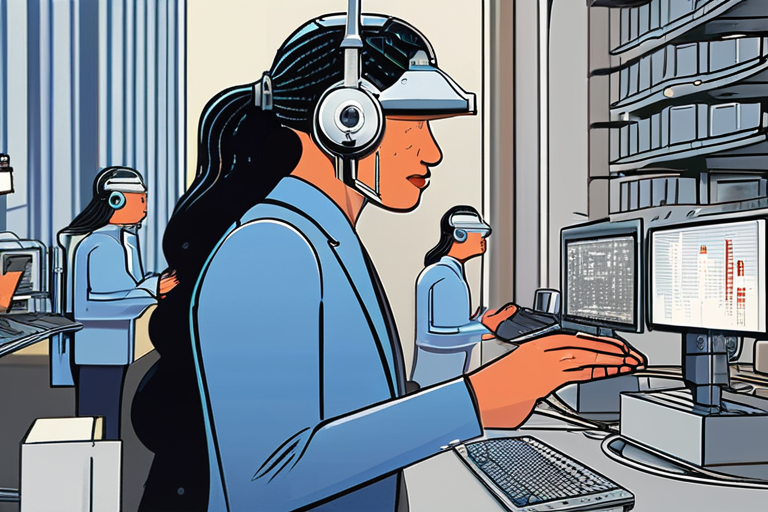



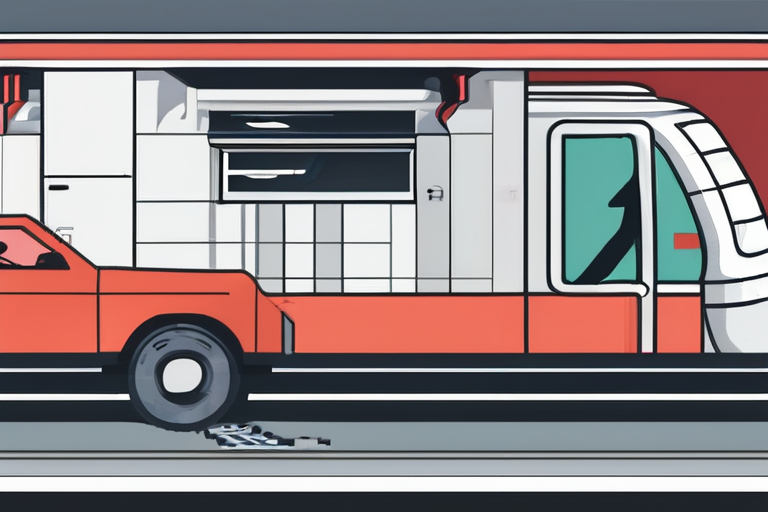
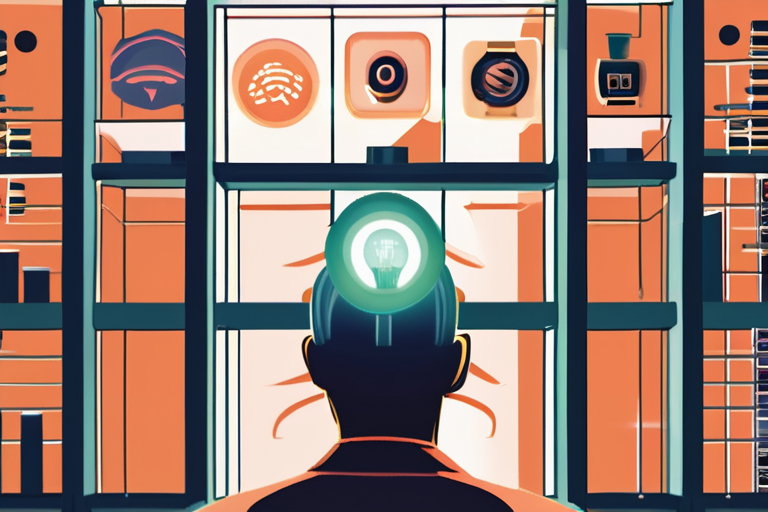
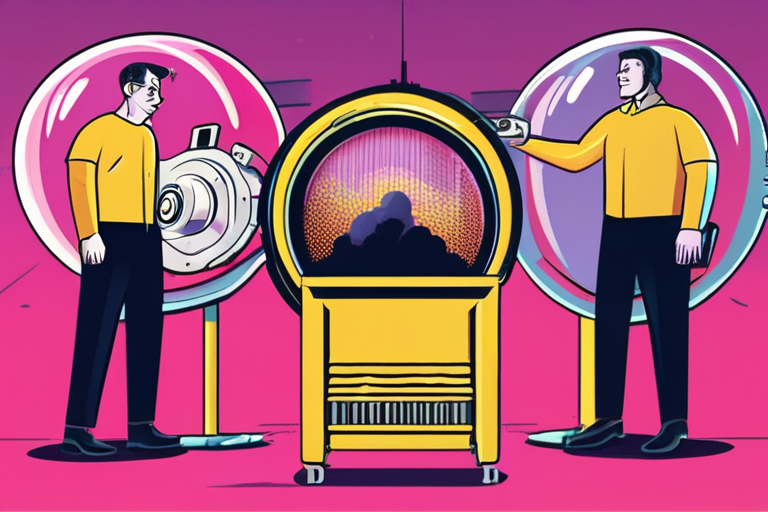
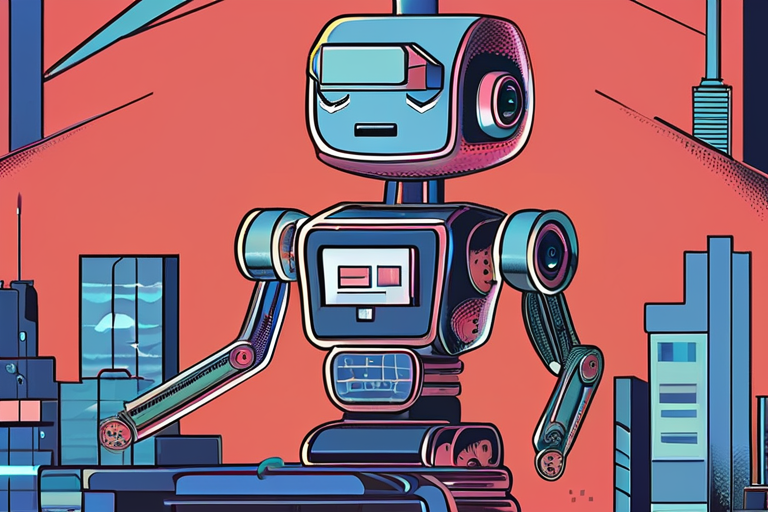
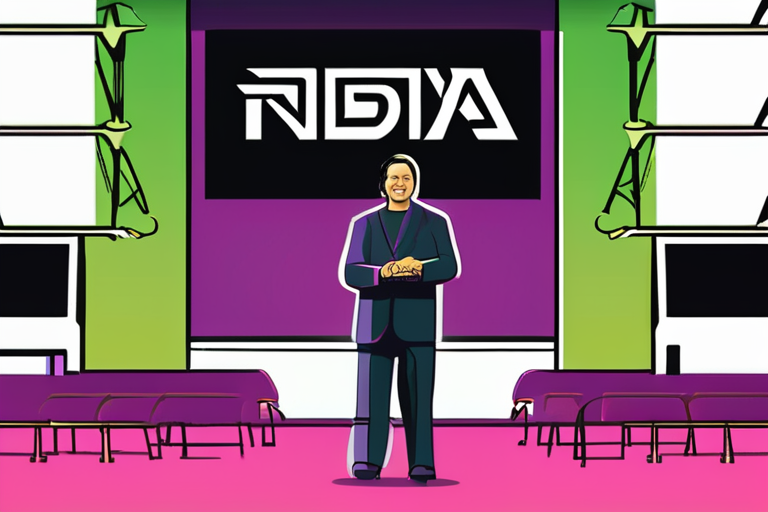
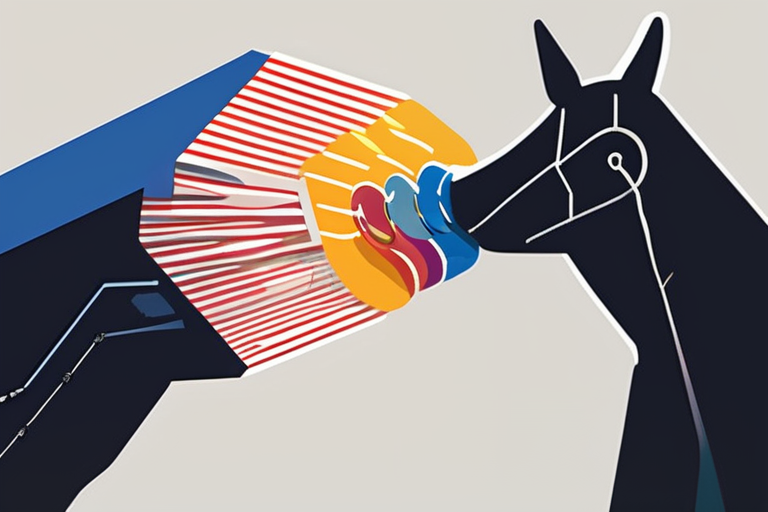
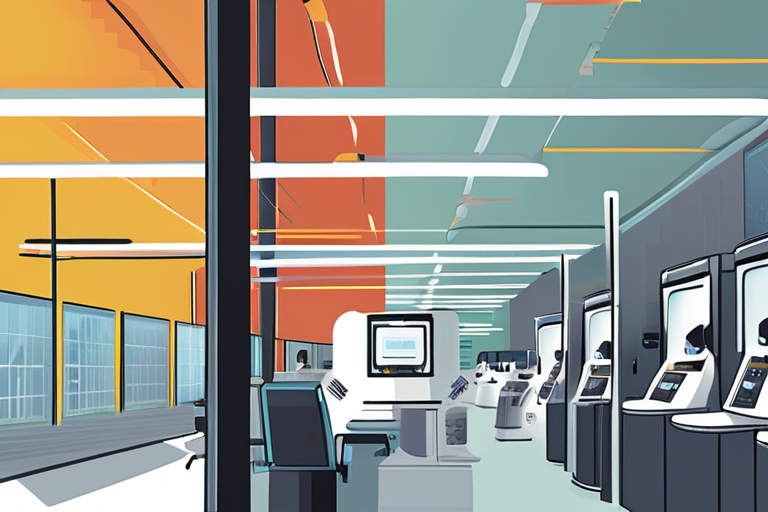
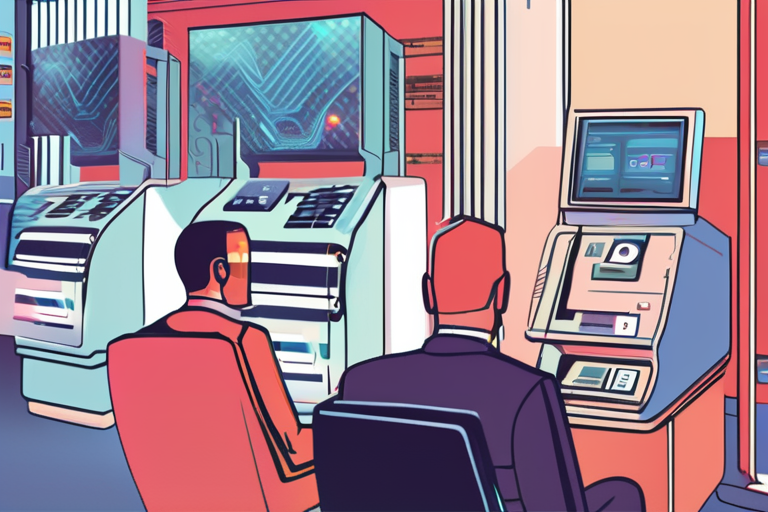
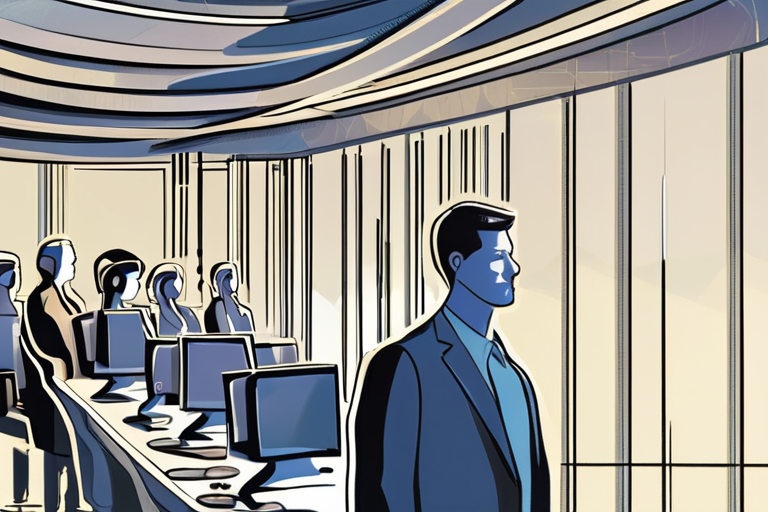
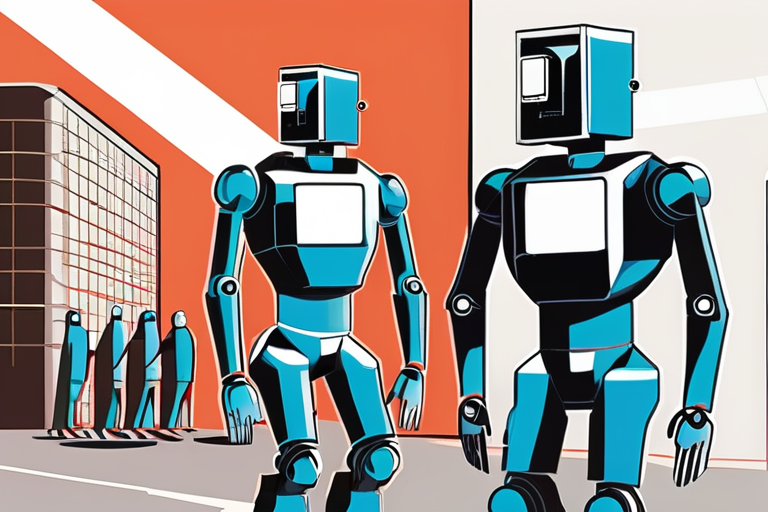
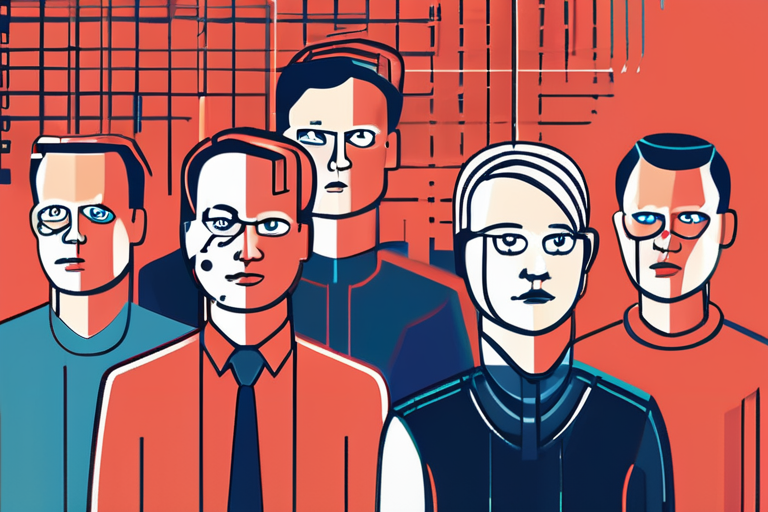

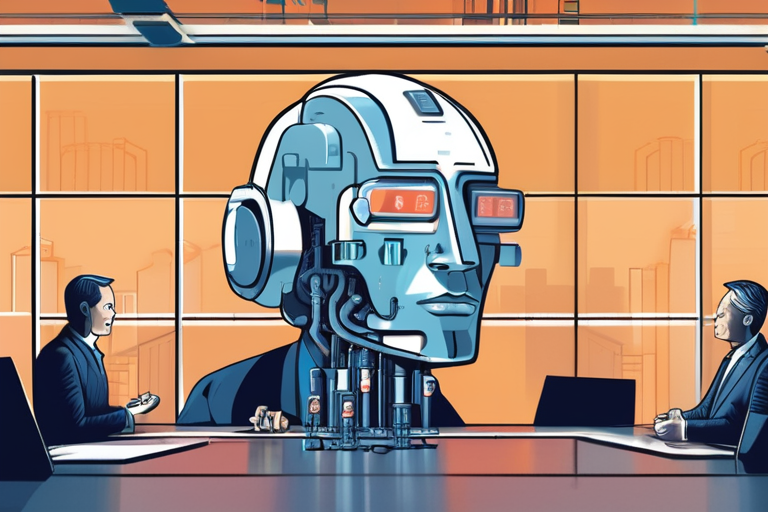
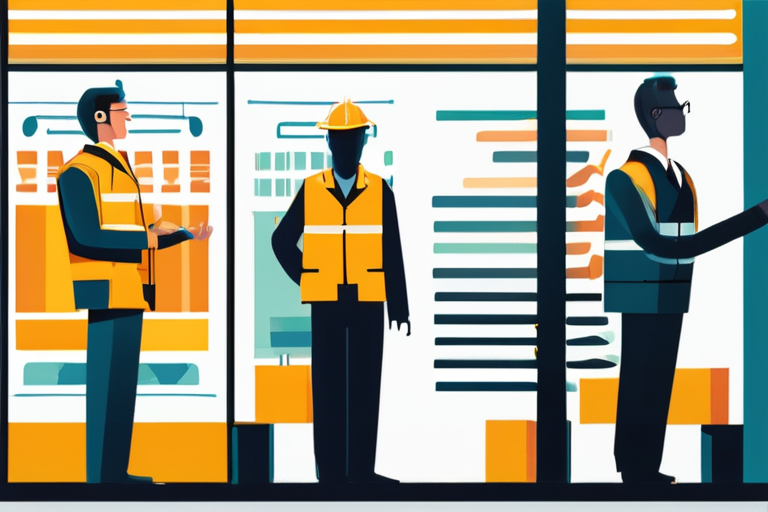
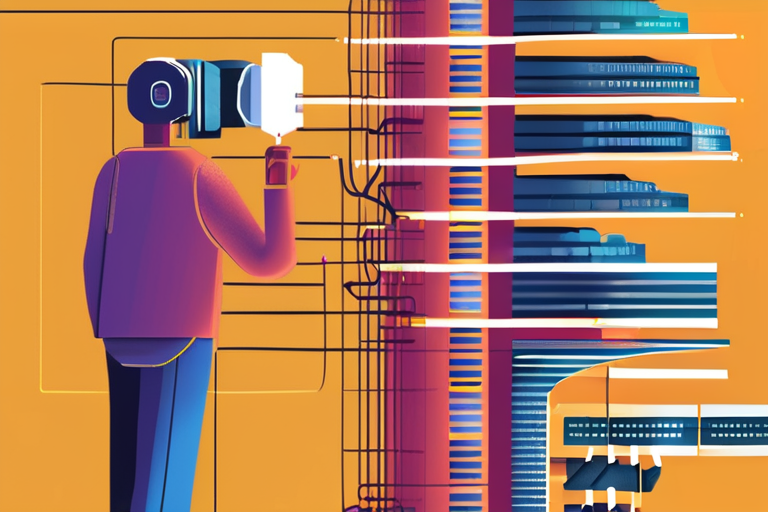
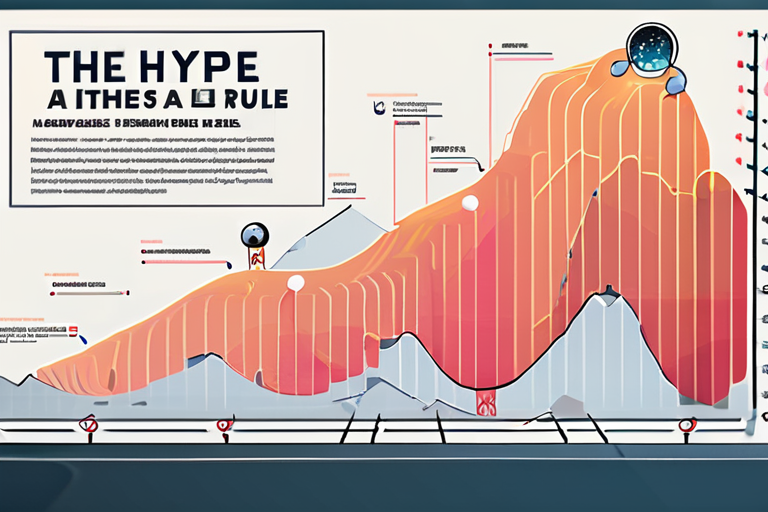

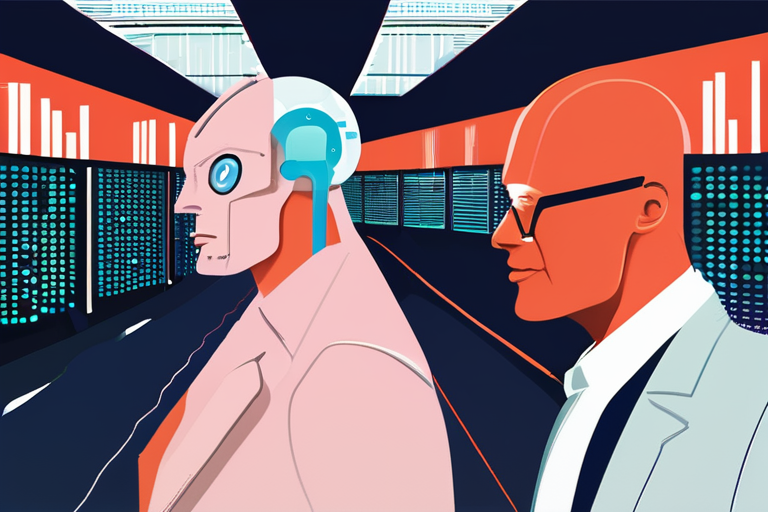
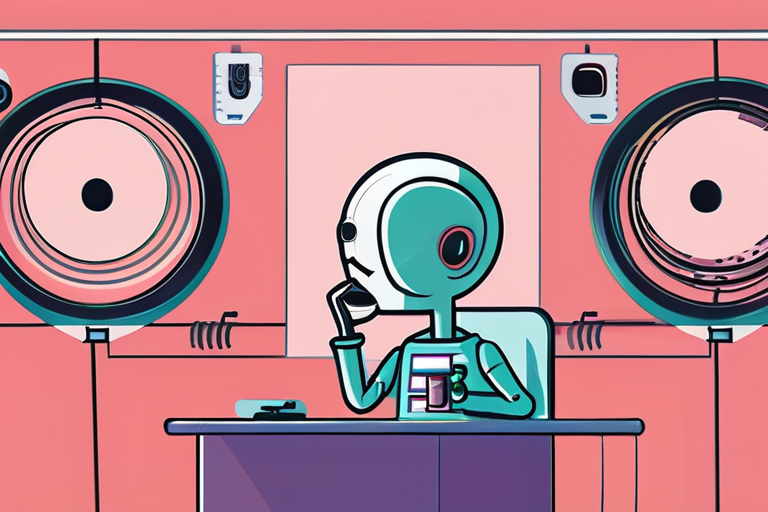
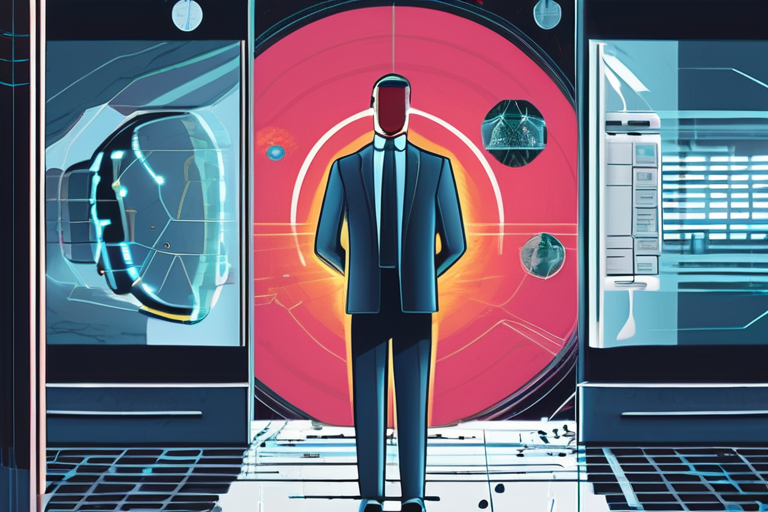

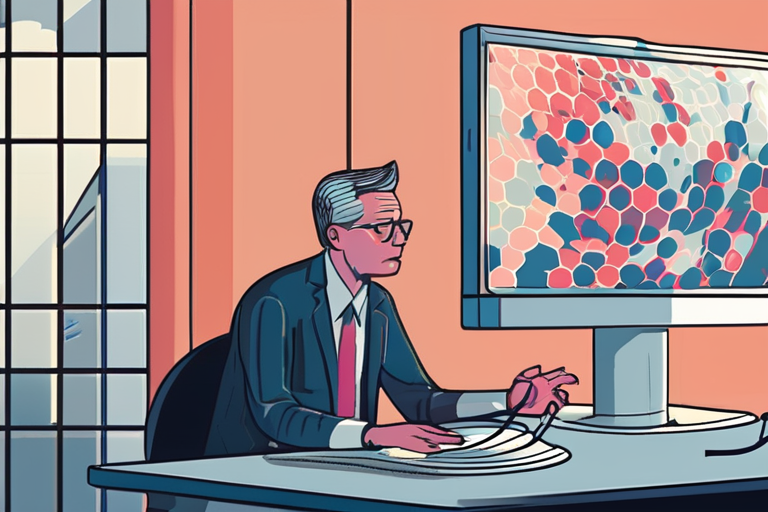

Share & Engage Share
Share this article